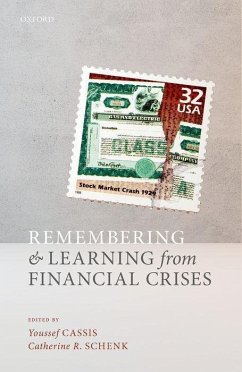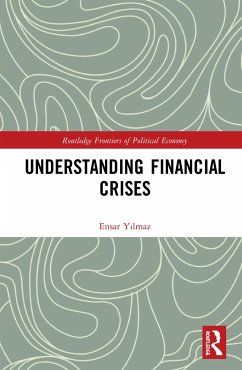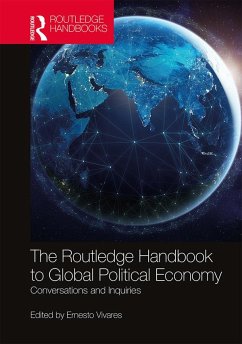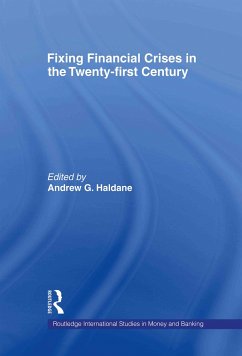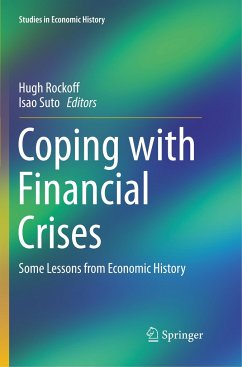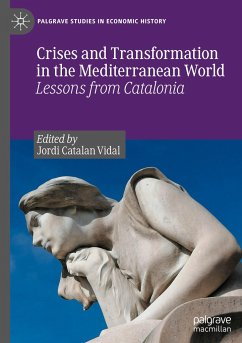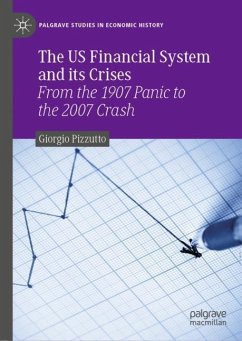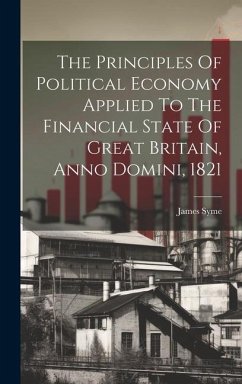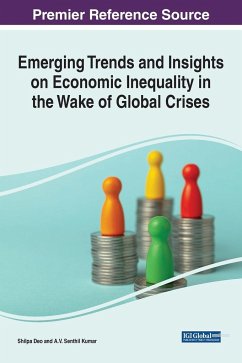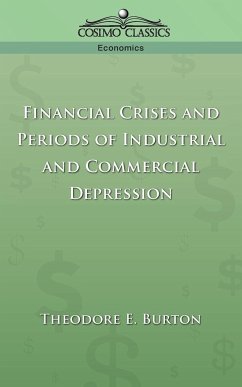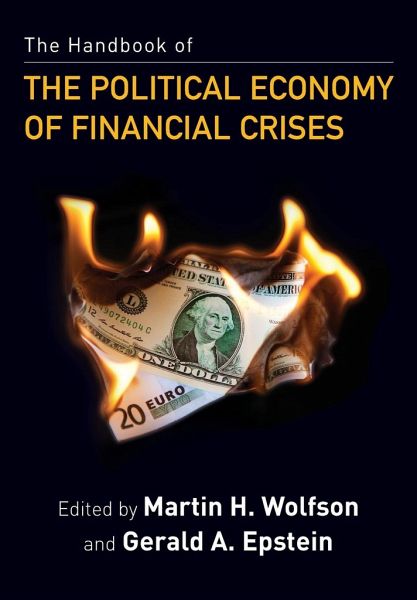
Handbook of the Political Economy of Financial Crises
Versandkostenfrei!
Versandfertig in 1-2 Wochen
72,99 €
inkl. MwSt.
Weitere Ausgaben:

PAYBACK Punkte
36 °P sammeln!
The Great Financial Crisis that began in 2007 reminds us with devastating force that financial instability and crises are endemic to capitalist economies, and that it is only strong and dynamically-changing financial regulations that can keep the damage caused by these crises within bounds. The international financial system and individual national economies, including that of the United States, are suffering from the aftermath of the worst financial crisis since the Great Depression. Economists are struggling to understand the origins and implications of the crisis. The Handbook ofthe Politic...
The Great Financial Crisis that began in 2007 reminds us with devastating force that financial instability and crises are endemic to capitalist economies, and that it is only strong and dynamically-changing financial regulations that can keep the damage caused by these crises within bounds. The international financial system and individual national economies, including that of the United States, are suffering from the aftermath of the worst financial crisis since the Great Depression. Economists are struggling to understand the origins and implications of the crisis. The Handbook ofthe Political Economy of Financial Crises uses a political economy theoretical framework to analyze the crisis.




